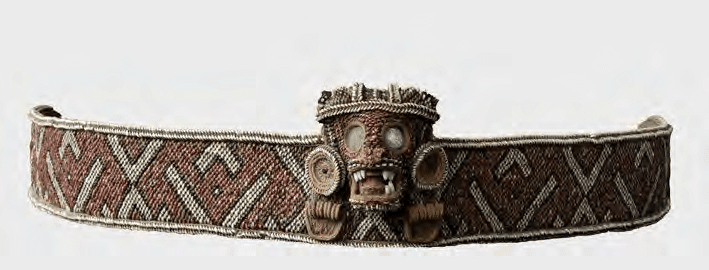Reading Jose de Acosta's Natural and Moral History of the Indies for a deep chronicle of the Inca Empire is bound to disappoint. Acosta's work, which focuses on the Americas in general (though Acosta had traveled to other parts of the Americas like Santo Domingo), largely synthesized older accounts of the Inca past, particularly the works of Polo de Ondegardo. Consequently, his account of the Inca past is rather derivative and, besides references to the flora, fauna, and superstitions of Indians in Peru, adds little. In some respects his coverage of the Inca and Aztec Empires emphasizes how these peoples, deceived by Satan from Acosta's Jesuit perspective, built impressive civilizations that paved the way for Christianity to spread. Thus, unlike the indigenous peoples of Brazil or other parts of the Americas which lacked large kingdoms or polities, the Incas and Aztecs promoted religious cults that, like ancient Rome, facilitated the spread of Christianity through the state's institutions and influence across a vast territory. Acosta's perspective also reminded us of Edward Blyden's views on Islam in West Africa, which he similarly praised while also expressing the belief that Islam will prepare the path for the Christianization of black Africans. But to return to Acosta as a chronicler of the Incas, this does not offer much. Acosta shifts between condemnation of the Incas and admiration, and there are interesting moments of comparative ethnology of the various peoples of the America (and East Asia). But we hope to read another cronista with a more substantial narrative of the Inca past. And really, 1000 people sacrificed to accompany the dead Huayna Capac?

No comments:
Post a Comment